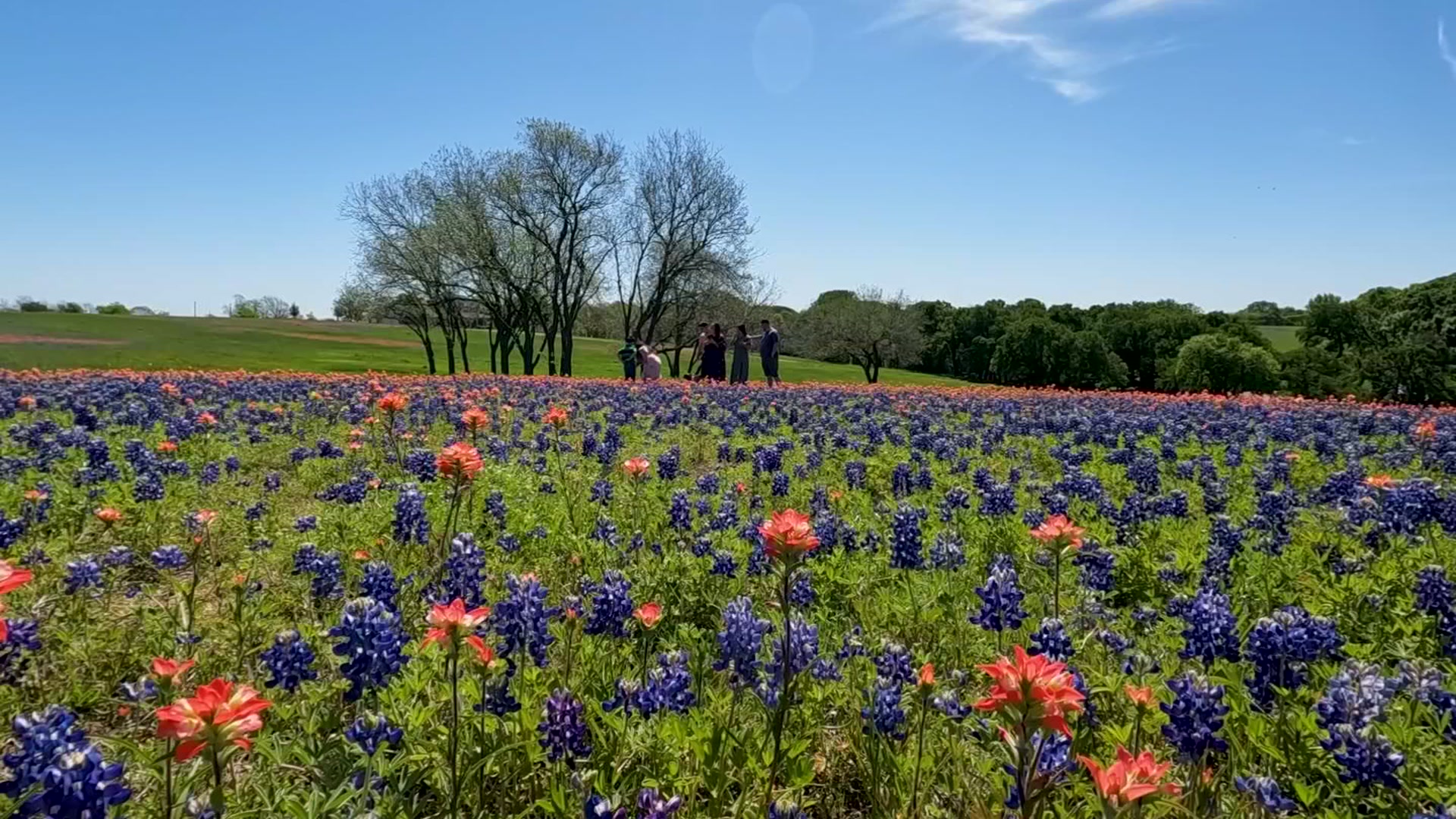More than 3.5 million Americans have been diagnosed with schizophrenia. Every year, 100,000 more have their first psychotic episode. Despite this, experts in the field say there's very little support or education for families or caregivers.
Luis Viquez' partner, Arturo, was diagnosed with schizophrenia 20 years ago. He wants to protect Arturo by not using his last name or photos, but Arturo's presence is all around their home, with his art. As a caretaker, it was trial by fire.
"I wish I had some of the skills then that I have now to help a little better," Viquez said. "But I just didn't know."
More than 200 family members and loved ones of patients with psychosis heard facts about it and ways to help.
Sarah Kopelovich, PhD, Assistant Professor and Professor of Cognitive Behavioral Therapy for Psychosis at the University of Washington explained, "We coached them in how to talk to the individual that they love so that they're really communicating with their loved one, and not their symptoms."
Experts tell family members to keep their statements short, simple and clear. Speak in a calm voice. Give the person physical space rather crowding them. Don't challenge them over the delusions.
The sessions focused on cognitive behavioral therapy, which has been effective in combination with medications and social support.
Local
The latest news from around North Texas.
Kopelovich said, "So if family members and treatment providers and peers can all be speaking the same language, can all be using the same kinds of strategies then we're going to be that much more effective at helping people recover."
Viquez says it helps a lot to get tools on how to listen and talk to Arturo.
"This training gives you a glimpse of a sort of like a ray of light where you can actually say, OK, maybe this is where you're coming from," Viquez told Ivanhoe.
The last training session was funded by the state of Washington and philanthropists. The University of Washington is seeking funding for a second training in or around Seattle in the spring, and more across the country.
Contributors to this news report include: Wendy Chioji, Field Producer; Rusty Reed, Videographer; Cyndy McGrath, Supervising Producer; Roque Correa, Editor.




